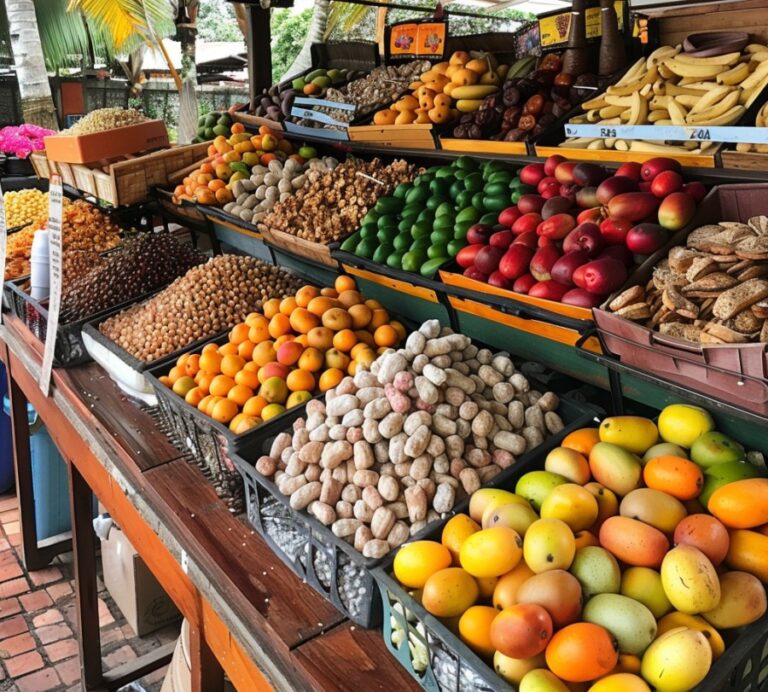Medications not allowed in Colombia
Colombia has strict regulations on the import and export of medications, as well as the sale and distribution of pharmaceuticals within the country. The Colombian Ministry of Health and Social Protection is responsible for regulating the pharmaceutical industry, and it has a list of medications that are prohibited or restricted in Colombia.
List of Medications Not Allowed in Colombia
The following drugs are prohibited in Colombia:
- Cocaine
- Heroin
- Marijuana
- Ecstasy
- LSD
- Amphetamines
- Methamphetamines
- PCP
- Opium
- Morphine
- Codeine
- Oxycodone
- Hydrocodone
- Fentanyl
- Methadone
- Barbiturates
- Benzodiazepines
- GHB
- Ketamine
- Phencyclidine (PCP)
- Rohypnol
- Sildenafil (Viagra)
- Tadalafil (Cialis)
- Vardenafil (Levitra)
- Zolpidem (Ambien)
- Zopiclone (Imovane)
- Zaleplon (Sonata)
- Zolmitriptan (Zomig)
- Sumatriptan (Imitrex)
- Rizatriptan (Maxalt)
- Naratriptan (Amerge)
- Frovatriptan (Frova)
- Eletriptan (Relpax)
- Almotriptan (Axert)
- Frovatriptan (Frova)
- Sumatriptan (Imitrex)
- Zolmitriptan (Zomig)
- Zolmitriptan (Zomig)
Restricted Medications
Some medications are restricted in Colombia, meaning that they can only be sold with a prescription from a licensed physician. Examples of restricted medications include:
- Antibiotics: These are drugs that are used to treat bacterial infections. Examples include penicillin and erythromycin.
- Antidepressants: These are drugs that are used to treat depression and anxiety. Examples include fluoxetine and sertraline.
- Antipsychotics: These are drugs that are used to treat schizophrenia and other psychotic disorders. Examples include haloperidol and risperidone.

How to get a prescription in Colombia
To get a prescription in Colombia, most medications require a doctor’s prescription regulated by the National Food and Drug Surveillance Institute (INVIMA). Pharmacies in Colombia, known as “Farmacias,” are easily identifiable by a green cross sign and are prevalent in urban areas, with some larger chains open 24/7. While some medications can be bought over the counter, antibiotics and controlled substances like Vicodin require a prescription. Ordering medications online is possible, but it’s crucial to use legitimate websites. The cost of prescriptions varies, but generally, medications in Colombia are more affordable than in many other countries, with payment options including cash, debit card, or credit card.
In Colombia, it is common to get most medications over the counter without a prescription, including antibiotics and other prescription medicines. Pharmacies in Colombia offer delivery services through various means like food delivery apps or phone orders, accepting payment in cash or credit card. It is advisable to seek professional advice rather than self-medicate due to potential risks associated with incorrect dosages and choices of therapy. Professional guidance ensures patient safety and reduces the risks of adverse reactions or drug interactions.
Overall, while it is relatively easy to obtain medications in Colombia without a prescription for many common ailments, it is essential to exercise caution and seek professional advice when necessary to ensure proper treatment and safety.
How to get antibiotics in Colombia
In Colombia, antibiotics are available over the counter in some pharmacies, despite national regulations requiring a prescription from a physician or health agency before dispensing antibiotics to a patient.
However, it is not recommended to buy antibiotics without a prescription, as this can contribute to antibiotic resistance and may lead to adverse effects. If you need antibiotics in Colombia, it is best to consult a healthcare professional who can prescribe the appropriate medication for your condition.
Import and Export Regulations
The import and export of medications in Colombia are strictly regulated. All medications must be registered with the Colombian Ministry of Health and Social Protection, and they must be accompanied by a certificate of analysis and a certificate of origin. The import and export of medications that are prohibited or restricted in Colombia is strictly prohibited.
Penalties for Violations
Violations of the regulations on medications in Colombia can result in fines, imprisonment, or both. The severity of the penalty depends on the nature of the violation and the amount of medication involved. For example, the import or export of a small amount of a prohibited medication may result in a fine, while the import or export of a large amount of a prohibited medication may result in imprisonment.
Popular pharmacies in Colombia
Colombia boasts a variety of popular pharmacies across different cities. Here are some notable pharmacies based on the search results:
- Pharmacy:
- Location: Cra. 37 #25a-47, Bogotá
- Rating: 4.3
- Reviews: 3
- PharmaPlus:
- Location: Cl. 86 #27-54, Bogotá
- Rating: 2.9
- Reviews: 7
- Farmasi Colombia:
- Location: Altos de Berlin, Ibagué, Tolima
- No specific rating or reviews provided
- Pharma Colombia Droguerías:
- Location: Cl. 15 #55, Puente Aranda, Bogotá
- Rating: 5
- Reviews: 2
- Farmacia Pasteur Colombia:
- Location: Cra. 53, Estación Villa, Medellín
- Rating: 4
- Reviews: 2
- Pasteur Pharmacy Avenida El Poblado:
- Location: Cra. 43 #25A-4, El Poblado, Medellín
- Rating: 4
- Reviews: 45
- Drogas Nueva Colombia:
- Location: Cra. 18c #35, Bogotá
- Rating: 4
- Reviews: 1
These pharmacies offer a range of services and products to cater to the healthcare needs of the Colombian population.
For more detailed information on the pharmaceutical market in Colombia, including the top pharmacies by sales and leading drug stores by size, you can refer to sources like Statista. Additionally, for insights into the pharmaceutical industry in Colombia and the top pharma companies in the market, resources like PharmaBoardroom provide valuable information on key players in the industry.
Conclusion
The regulations on medications in Colombia are designed to protect the health and safety of the Colombian people. By prohibiting certain medications and restricting others, the Colombian government is able to prevent the abuse of drugs and ensure that medications are used safely and effectively.


